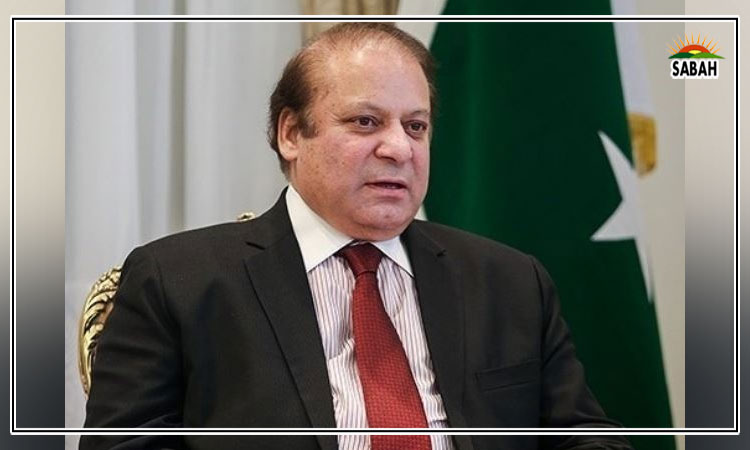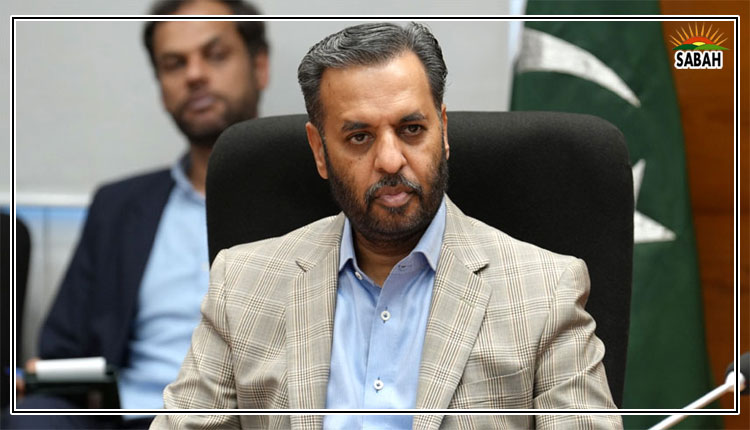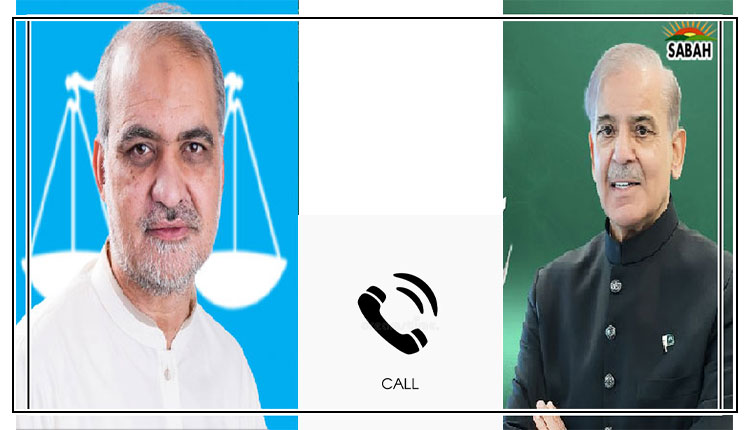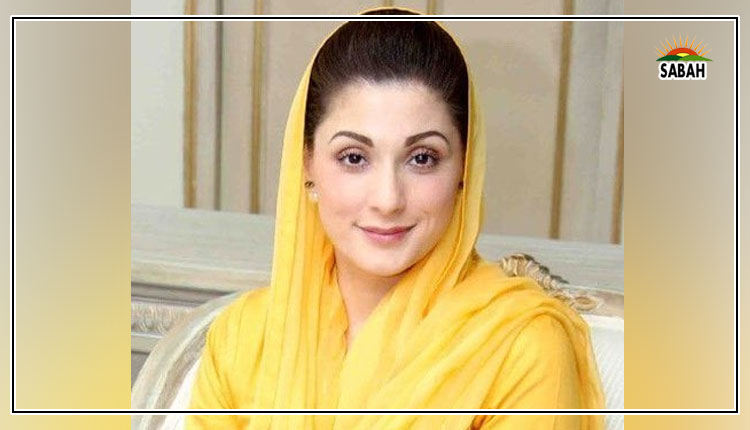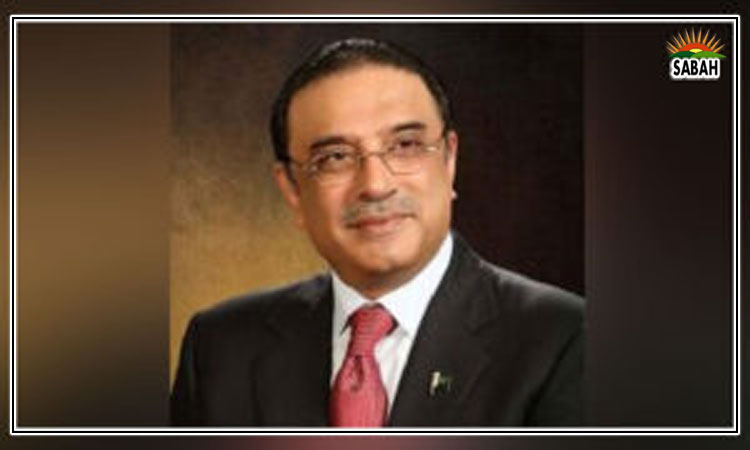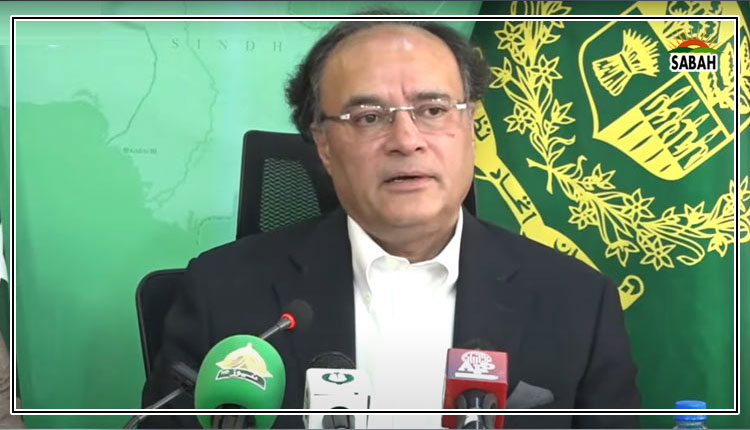Chasing investment …. Khurram Husain
THERE is something about private investment that successive governments in Pakistan have failed to understand.
Promoting private investment is a bit like catching a bird. You cannot chase after it because that makes it nervous and it most likely will fly away. You have to lay out what it seeks then wait for it to come.
For the third time this year, our government has gone running to another country to ask for investment. In May, we had headlines announcing that the UAE had agreed to invest $10 billion in Pakistan, during a visit by Prime Minister Shehbaz Sharif. Then this June, Sharif led a large delegation of Pakistani businessmen (and yes, they were all men so no need for gender-neutral language here) to China in the hopes of inking an equally large number of business deals. All they came back with, sadly, was a handful of MoUs.
The only real action happening on that China visit was the groundwork laid down for renegotiating the terms of the Chinese power projects entered into during CPEC’s heyday. The finance minister made a subsequent visit the next month, to begin the process of that renegotiation, and came back with little more than a clearer idea of all that will be required to get that ball rolling.
Then came another visit of a large and ‘high-level’ delegation, this time from Saudi Arabia coming to Pakistan in early October. On Oct 10 an announcement came that 27 MoUs worth $2.2bn had been signed between Pakistani and Saudi parties. And now, as of this writing, the prime minister is again in Saudi Arabia, and the announcement this time is that those 27 MoUs have now increased to 34, “with some of them already operational”.
The credibility of the country is hurt when a government plays a front-line role in pursuing investment.
Meanwhile, as the PM’s visit was unfolding in the kingdom, the news came in that only one party was willing to bid for privatisation of the national airline, PIA. A bigger vote of no-confidence in the government’s assets and its ability to command the confidence of investors would be difficult to find.
And then, to make matters a little more puzzling, it turned out that the lone bidder is just a real estate company whose credentials included an ambition to build a replica of Istanbul’s Blue Mosque as one of its real estate projects in Pakistan.
This gets complicated, so let me put it in plain English. The wrong way to try and promote investment in your country is to have the government running ahead of everyone else, beseeching other governments to please come and invest, and offering carve-outs and other ‘incentives’ from your legal, taxation and regulatory regimes to entice them with.
There is a simple reason why this is a bad idea. When investors see this sort of behaviour they don’t say to themselves ‘this country is serious about investment’. Instead, they ask themselves ‘what is wrong with their investment environment that they need the government to play a front-line role, and have special incentives and carve-outs to entice investors with?’
This is not a passing remark. Over the past two years at least, I have taken numerous calls from investors of all categories — from those looking to buy running businesses in Pakistan to those considering the outlook on Pakistani bonds — and they all raise these questions. The credibility of the country is hurt when a government plays a front-line role in pursuing investment. And it is hurt further when the same government offers special treatment to new investors as an incentive.
So what is the right approach? Simple. The right approach begins with setting your legal, taxation and regulatory framework right, to provide clear, transparent, accessible and credible rules that govern your investment environment. Second, the correct approach aims to get prices right.
In an economy where government plays a significant price-setting roles, from energy to agriculture, it is difficult for investors to see how things may evolve. Consider as an example all the Chinese investors who readily agreed to enter Pakistan’s power generation market during the CPEC days, and are now saddled with receivables and a request to reschedule those payments. No investor wants to become involved with a situation like this.
Thirdly, investors look carefully at the foreign exchange liquidity position in your country, especially if there is a recent history of import restrictions and curbs on profit repatriation due to liquidity constraints. And they don’t take assurances at face value. They will listen to government assurances that the days of import restrictions and repatriation curbs are over.
But once the government delegates leave the room, they will consult independent experts privately to make up their mind as to how well positioned the country in question is to be able to afford the investment they are asking for.
Only after all this will the investors be willing to look at the country in question and see where opportunities might lie. The levels of educational attainment of the population, their health indicators, political stability and sanctity of contracts will all be evaluated before any decision is made. Sadly, Pakistan scores very low on all these metrics.
If this government is indeed serious about promoting investment, it should stop these foreign visits unless their real purpose is not for asking for investment but asking for cash support to shore up reserves. It has been my feeling from the start that this is what these visits are all about, but maybe I’m wrong.
First, they tried building what they called the Special Investment Facilitation Council to promote investment. To this day, the only investment-related success story the SIFC can show on its website is a ‘letter of understanding’ to build a Chromebook assembly line in Haripur.
Now, they’ve got these swaggering roadshows, led by the prime minister to chase investment. Meanwhile, nobody at home, other than a real estate developer, was willing to touch the national airline when it was offered up for sale.
The writer is a business and economy journalist.
khurram.husain@gmail.com
X: @khurramhusain
Courtesy Dawn, October 31st, 2024




